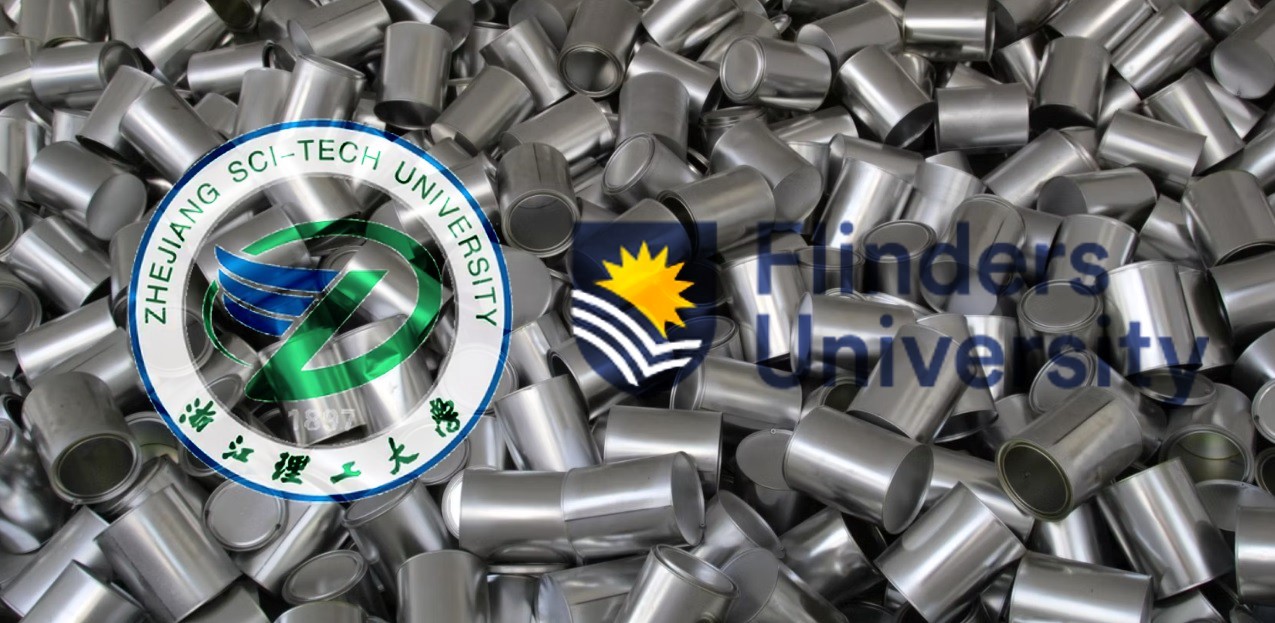

A team of researchers from Flinders University in South Australia and Zhejiang Sci-Tech University in China has made a breakthrough in producing the world's first safe and efficient non-toxic aluminium radical battery.

Although batteries have become essential in our daily lives, traditional disposable batteries significantly impact the environment. They contain hazardous substances such as lead, cadmium, and mercury that are challenging to recycle and can cause harm to people, animals, and the environment over time.
The team used stable organic radicals containing an essential element called TEMPO instead of harmful chemicals. The aluminium-ion batteries are made using water-based electrolytes and have evolved to become fire-retardant and air-stable, with a stable voltage output of 1.25V and a capacity of 110mAhg-1 over 800 cycles with only 0.028% loss per cycle.
Moreover, these batteries made of multivalent metal ions - Al3+, Zn2+, or Mg2+ are more energy-dense than conventional lithium-ion batteries and use multiple essential elements from the Earth's crust. Professor Zhongfan Jia, from Flinders University, hopes to use biodegradable materials to develop soft-pack batteries for a sustainable and low-cost energy storage system in the future.
The researchers asserted: "The element delivers a stable voltage output of 1.25 V and a capacity of 110 mAh g–1 over 800 cycles with only 0.028% loss per cycle."
"In particular, aluminium-ion batteries (AIBs) attract great attention because aluminium is the third most abundant element (8.1%), which makes AIBs potentially a sustainable and low-cost energy storage system," Jia added.
"These radical materials have never been applied in AIBs due to lacking understanding of their (electro) chemical reaction in electrolytes," as it was pointed out by the researchers.
Although scientists face challenges in addressing the slow movement of AI3+ ion complexes, they have found that organic conjugated polymers are emerging cathodes for AIBs to address the ion transport issue. Once commercially viable, aluminium-ion batteries might steal a chunk of LIB's stardom.



Responses






